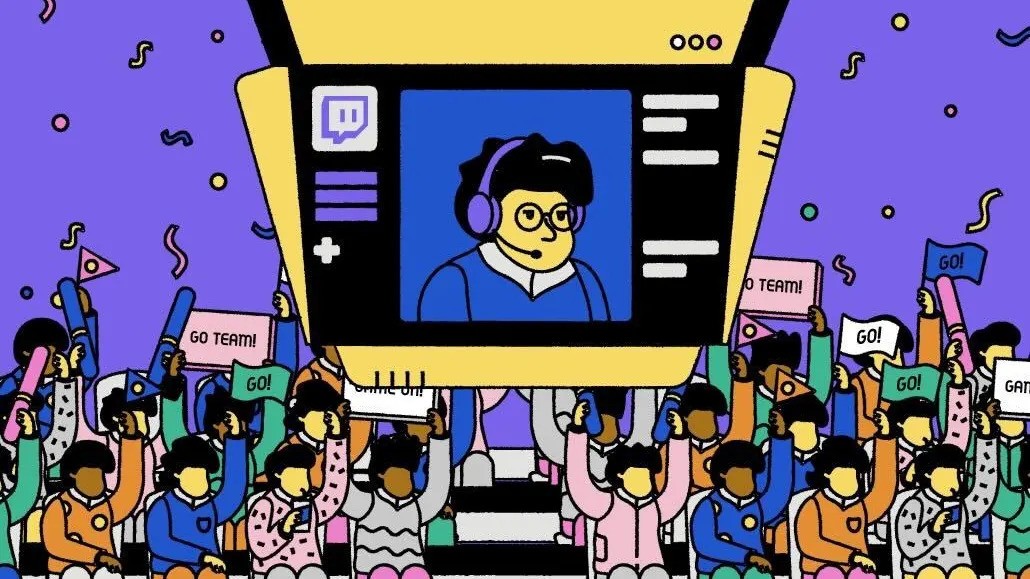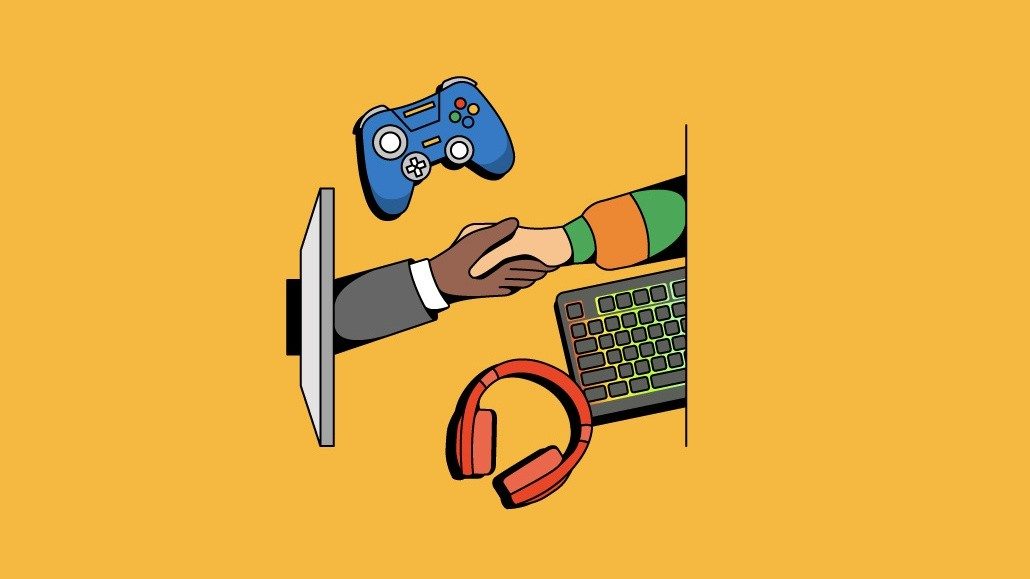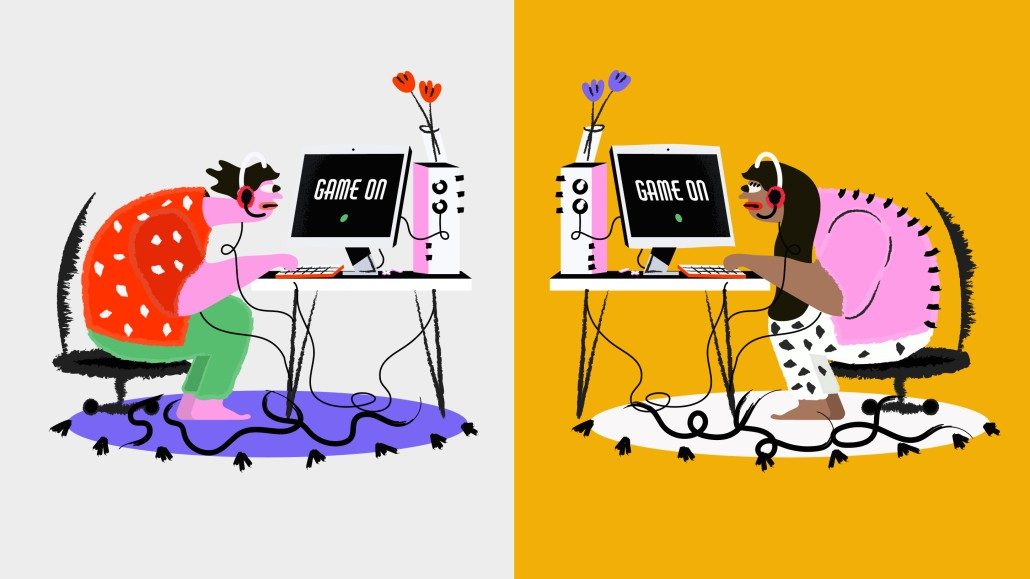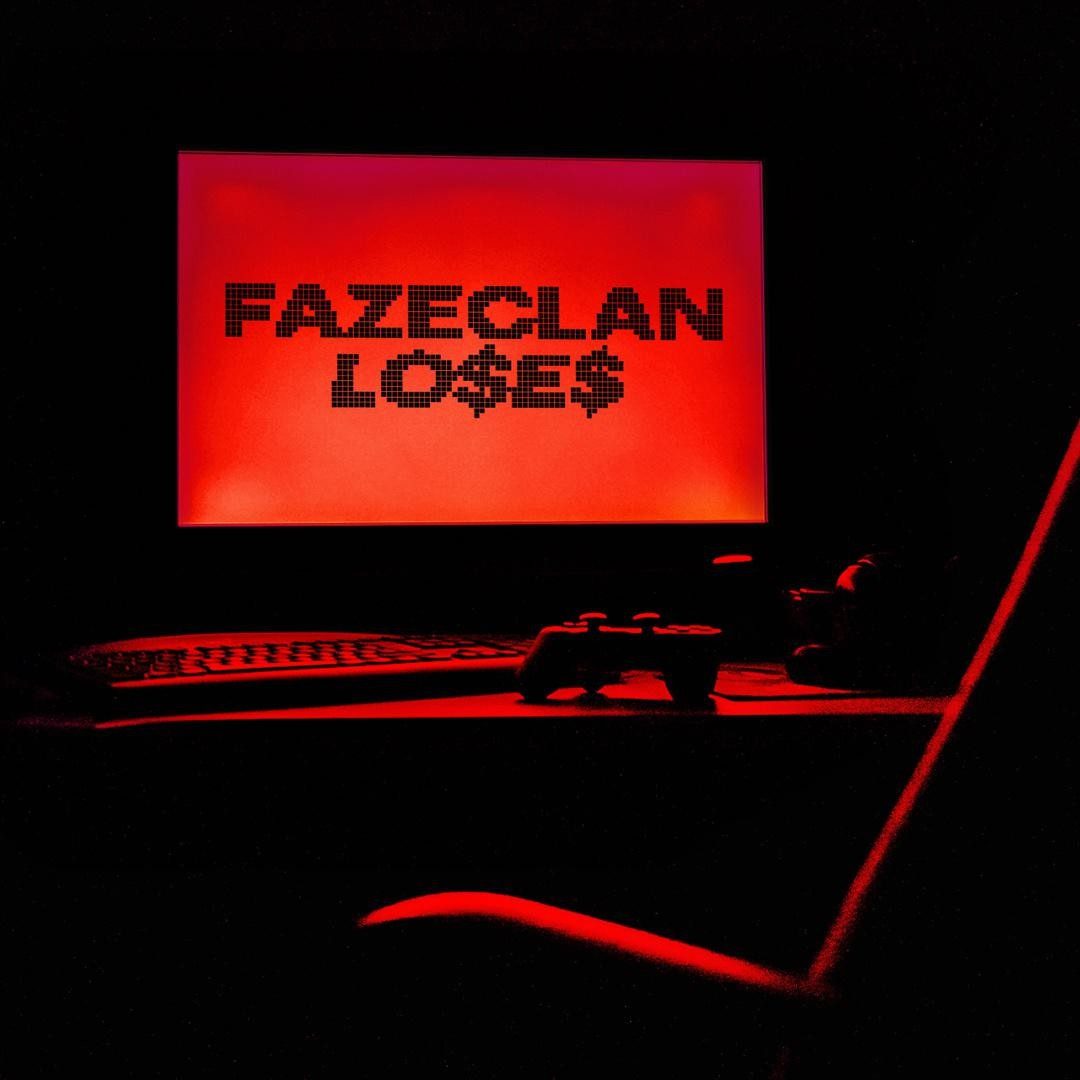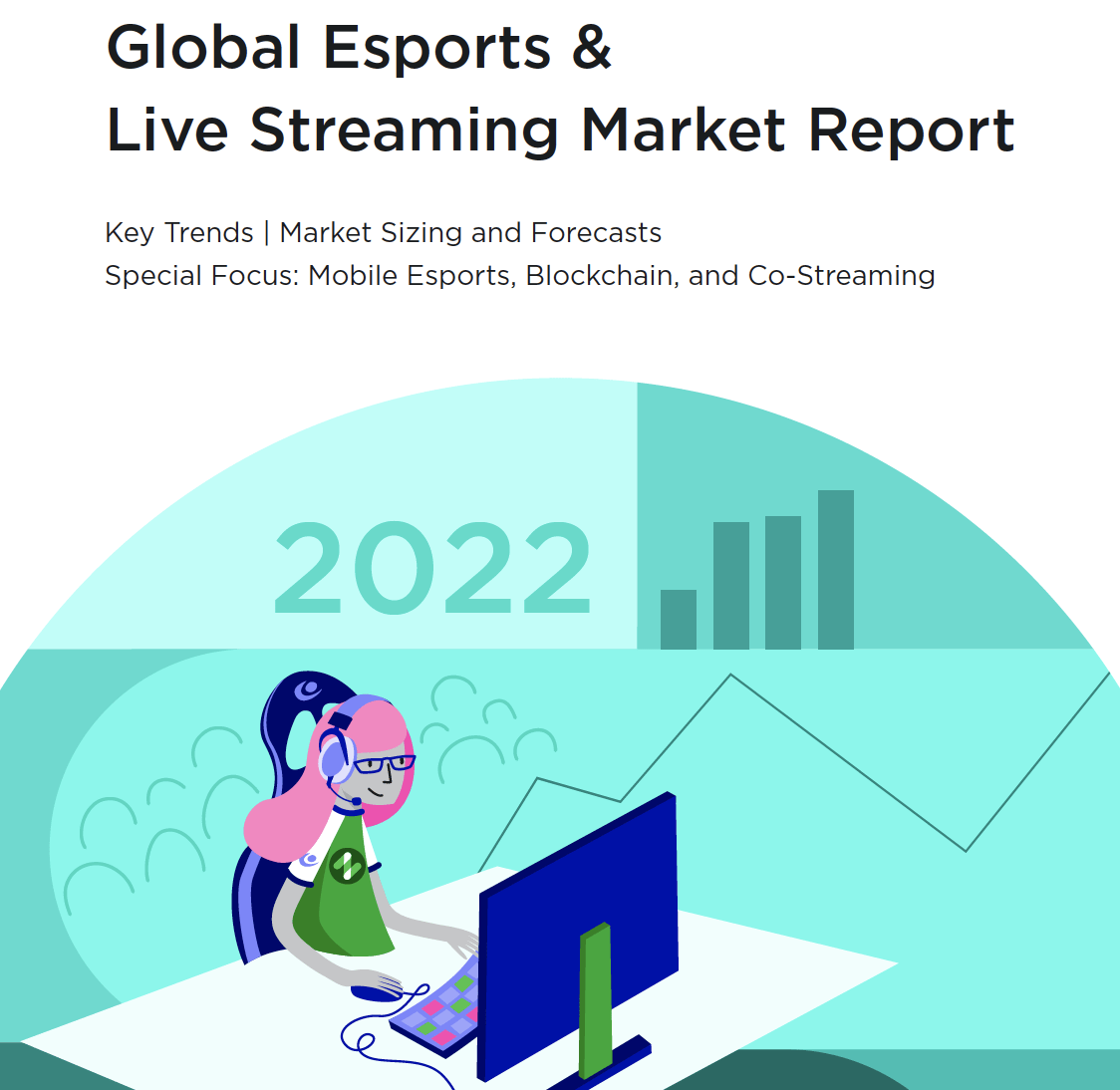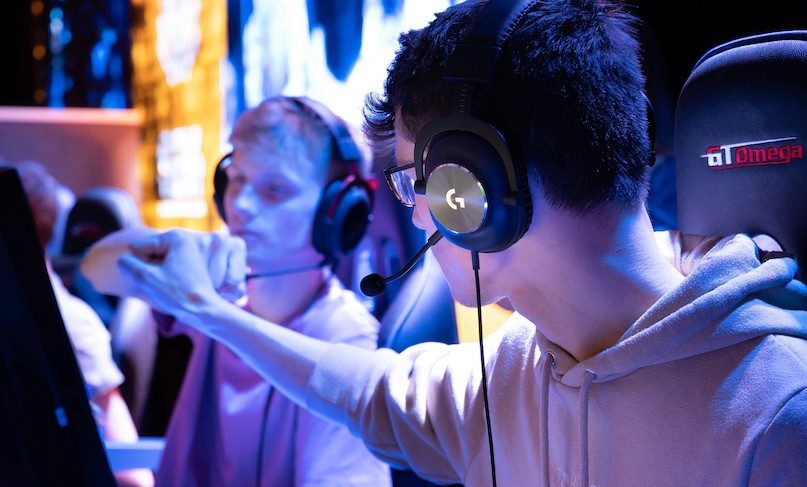Why the esports community’s toxicity is becoming the industry’s most enduring problem with brands is an article published by Digiday on 23rd March 2023 that Strive’s Managing Director, Malph Minns, contributed to.
Members of the esports community have long been aware of the latent toxicity lurking beneath its surface — but recent events have brought the dark side of esports fandom to the fore.
And as fan blowback becomes a regular occurrence in esports, the industry is turning into a potential minefield for the brands looking to use it as a vehicle to reach gamers.
The Esports community’s not the only one with a toxic content issue
The phenomenon of toxic fandom is not limited to the esports community. Traditional sports fans are known to often get rude and aggressive with each other, both in person and online — and that’s not to mention the riots that regularly occur after major sports games and matches around the world. But in competitive gaming, the petulant, abusive, and often sexist and racist, side of fandom can be particularly pronounced due to the extremely online nature of both esports fans and pro players.
“A lot of esports is centred around live streams; if it’s not around live streams, it’s around VOD comments on the actual content,” said Alex Gonzalez, who leads the prominent Canadian esports organization Luminosity Gaming. “With traditional sports, you do get the talking heads online, you get social media and all that, but a lot of it might just be in person, right? People are on the sidelines yelling at the players — but then they go home, go on with their day and that’s the end of it.”
Here’s a breakdown of some recent situations that have demonstrated the toxicity of the esports community — and what they show about the current brand safety challenges facing the competitive gaming industry.
Kyedae faces blowback for winning an award
At the Streamer Awards on March 12, the popular Twitch streamer Kyedae Shymko won the award for Best “Valorant” Streamer — and immediately apologized for receiving the honour, anticipating that she would be dogpiled online by angry fans of Tarik Celik, another streamer nominated for the award.
Although Celik condemned the dogpiling fans in a tweet, the fact remains that a prominent Twitch streamer immediately felt the need to enter defence mode after winning an award that was intended to acknowledge her widespread popularity and entertainment abilities. (Shymko, Celik and Streamer Awards organizer QTCinderella declined to comment for this article.)
The situation highlighted the particularly snarling nature of the “Valorant” community, one of the world’s youngest and most rapidly growing esports scenes.
“When somebody wins an award and we don’t like it, it’s just a spew of toxicity,” said Diogo Santos, a writer for the “Valorant” news site VLR. “We, as a community, often feel too eager to jump on people and call them out for things that oftentimes just need a bit more clarification.”
LeTigress gets heat for stating the obvious
Last month, Gabby “LeTigress” Durden, a broadcaster working for the “League of Legends” Championship Series, stirred up controversy when she delivered a controversial pre-game monologue referencing the reportedly toxic management issues at the prominent esports organization TSM, as well as the role of “League of Legends” pro Yiliang “Doublelift” Peng in bringing the issues to light.
Fans of both TSM and Peng — who was formerly on TSM’s roster and currently plays for 100 Thieves — immediately jumped down Durden’s throat, leading Durden and Riot Games to issue separate apology posts for the monologue. But the monologue simply referenced well-known controversies that had already been heavily covered in the press prior to the broadcast, and the decision to apologize for mentioning the obvious was a source of consternation for some members of Riot’s communications team, who felt it would be bending too much to the will of angry fans.
The blow-up highlighted the particular ways in which female and femme-presenting public figures have to tread more lightly than their male counterparts in the gaming and esports community. (Durden, Peng and Riot Games representatives declined to speak to Digiday for this story.)
“I know firsthand that having opinions or standing my ground can often result in being dogpiled, but I personally don’t tread more lightly. I am, however, incredibly intentional about what I say and how I say things. I am who I am and I’m proud of my journey,” said RekItRaven, a Twitch streamer and outspoken advocate for marginalized voices on Twitch. “But I can’t really hold it against women and femme folk who do tread more lightly. We often forget that the internet is a reflection of the society we find ourselves in, so I believe that it’s because there is still a patriarchal view of the world.”
Why should brands care?
While the average gaming fan might be willing to brush off some of the aforementioned controversies, the brand partners that provide the esports scene with its lifeblood are taking notice. Brand safety is a growing concern in esports, and a streamer apologizing for winning one of the space’s largest awards does not reflect positively on its value as advertising inventory.
“The increase in the prevalence of toxic content is not exclusive to esports, but obviously competition, high profile personalities and esports being a passion, heighten the audience’s emotional state and presents more triggers for emotive content. Add to this the skewed younger audience, and you’re seeing a higher prevalence of harmful content in esports,” said Malph Minns, managing director of the agency Strive Sponsorship. “Brands, in general, are extremely sensitive to this and tread carefully to produce empathetic and non-polarizing content. This presents its own challenge creatively, as balancing this against providing entertaining and engaging content becomes an even greater skill.”
Click here to read the full Why the esports community’s toxicity is becoming the industry’s most enduring problem with brands article on Digiday.
What esports community’s want from brands
If you’re looking for advice from an esports or gaming agency, Strive Sponsorship can help. Contact us for esports, sports, sponsorship, marketing, commercial, content, media, investment, and communications consultancy services.
Frequently asked questions
What is an esports community?
Esports, or competitive gaming, takes the form of organised, multiplayer video game competitions, specifically between professional players, individually or as teams. The esports community refers to all the people involved in the industry (players and staff of companies) and the fans of esports teams and competitions.
How do I join an esports community?
Individuals can create their own teams, join existing teams, or simply engage in watching esports competitions. There are thousands of ways people can engage as part of the esports community away from gameplay too, online using platforms like Discord, Reddit and Twitter.
How big is the esports community?
Newzoo, a respected esports market research firm, forecast that the global esports audience will reach 532 million people by the end of 2022.



